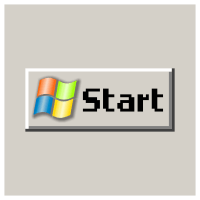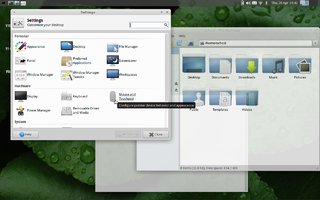Another year has come and gone, and as you might have guessed, 2014 still wasn’t the year of the Linux desktop.
Covering FOSS and Linux isn’t nearly as exciting as it was a decade or so ago — but that’s a good thing. Back then, we were at war with nearly every proprietary software vendor on the planet and faced threats from all directions, including up and down. To be sure, we didn’t start the wars we were fighting, as PROFAL (the People’s Republic of FOSS and Linux) only wished for peaceful coexistence.
The dust settled long ago and it appears as if we won most of these wars we didn’t start. Even our old arch enemy Microsoft is now waving the flag of peace and is seeking to normalize relations with us. And our old arch-arch enemy, SCO, doesn’t even exist any more — at least not in any form that we would recognize as the SCO of old. May Caldera rest in peace.
That doesn’t mean there’s not still news to be covered in the FOSS world. There is — and plenty of it. But these days, it’s mostly about advancements in technology, new start-ups and new alliances. We still face threats, to be sure, from crackers, spooks, politicians, the RIAA and the MPAA, but these forces threaten all of computerdom, not just FOSS, so we’ve been able to nurture some new strange bedfellows to join us in our struggles.
As years go, 2014 wasn’t the most boring year in the history of the free software movement, but it also wasn’t overly exciting. Again, that’s a good thing as it means there was no battening down the hatches and stuff. Still, there were many trends in the news this year which directly affect the purveyors and users of FOSS.
Here’s my top five list:
Christine Hall has been a journalist since 1971. In 2001, she began writing a weekly consumer computer column and started covering Linux and FOSS in 2002 after making the switch to GNU/Linux. Follow her on Twitter: @BrideOfLinux



 Wow…just wow.
Wow…just wow.
 On Friday, Steven J. Vaughan-Nichols posted a
On Friday, Steven J. Vaughan-Nichols posted a 

 That kind of bravery can’t be quantified or even verbally expressed. They were our moms and dads, our aunts and uncles, and our grandfathers and grandmothers. The Greatest Generation lived their lives based on ultimate truths and values. A handshake was a bond and the guy on the radio or TV was to be believed.
That kind of bravery can’t be quantified or even verbally expressed. They were our moms and dads, our aunts and uncles, and our grandfathers and grandmothers. The Greatest Generation lived their lives based on ultimate truths and values. A handshake was a bond and the guy on the radio or TV was to be believed.




 For the last year, you and I have been pals joined at the hip — the hip pocket, at least — as the OS on my
For the last year, you and I have been pals joined at the hip — the hip pocket, at least — as the OS on my 